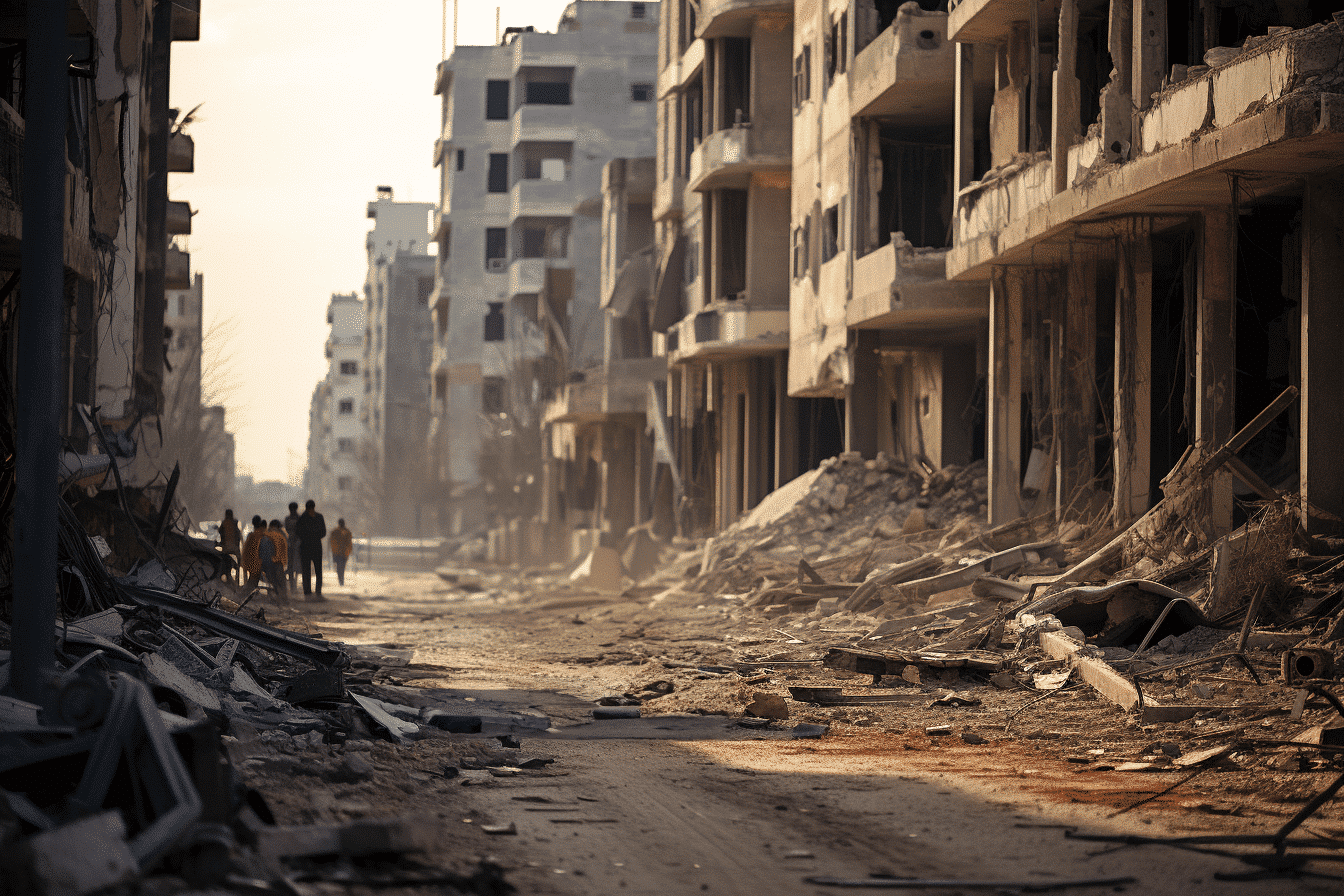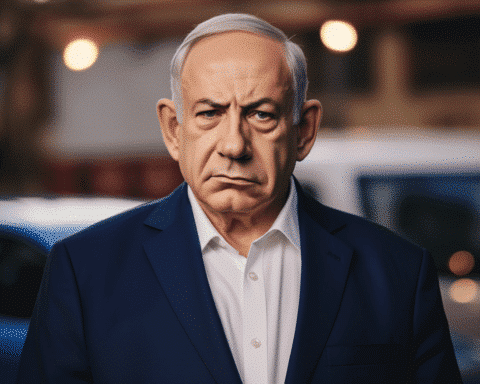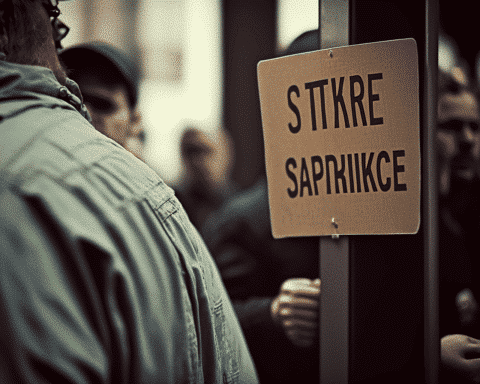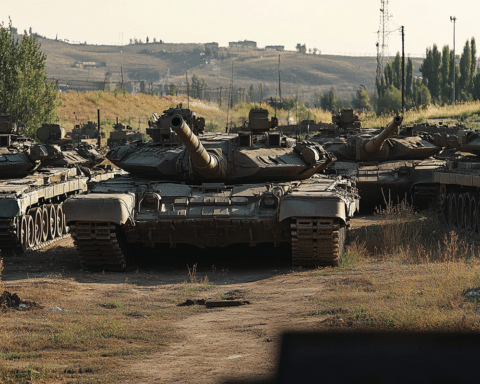The recent halt in the United Nations delivery of essential food and supplies to Gaza marks a dire escalation in the ongoing humanitarian crisis. The situation worsened significantly after a communications blackout caused by a severe fuel shortage disrupted aid coordination efforts. This development adds to the suffering of Gaza’s 2.3 million residents, who are increasingly isolated from the outside world and each other. It further complicates the delivery of much-needed humanitarian aid.
The United Nations faced a significant obstacle when it ceased delivering food and other necessities to Gaza. Juliette Touma, a spokesperson for the UN Agency for Palestinian Refugees (UNRWA), expressed grave concerns about the situation: “An extended blackout means an extended suspension of our humanitarian operations in the Gaza Strip,” highlighting the severity of the communications breakdown.
In an unprecedented move, Israel agreed to permit “very minimal” daily fuel shipments into Gaza, primarily for U.N. use and communications systems. This decision came after Israel consistently barred fuel entry, citing concerns over its potential military use by Hamas. Tzachi Hanegbi, Israel’s national security adviser, stated that this allowance was in response to an American request, emphasizing the limited nature of these shipments.
The blackout, now in its second day, has severely hampered aid coordination, exacerbating the fuel shortage’s challenges. Abeer Etefa, a spokesperson for the U.N.’s World Food Program, warned from Cairo, “People are facing the immediate possibility of starvation.”
Additionally, the situation at Gaza City’s Shifa Hospital is alarming. Dr. Ahmad Mukhalalti reported from the hospital, detailing the lack of electricity for ventilators and the severe impact on infant patients due to the absence of clean water. Israeli forces have been accused of searching the hospital for a Hamas command center, a claim vehemently denied by Hamas and hospital staff.
The ongoing conflict, triggered by a Hamas attack in southern Israel on October 7, has resulted in significant casualties. More than 11,400 Palestinians, mostly civilians, women, and minors, have lost their lives, with another 2,700 missing. On the Israeli side, the military announced the recovery of hostages, including Cpl. Noa Marciano.
The crisis has reached a critical point, with nearly all of Gaza’s residents in need of food. The limited aid from Egypt is insufficient to meet the vast demands as Israel signals a potential expansion of its offensive, and the plight of Gaza’s population worsens, with no clear solution in sight.
The Gaza Strip is currently facing an unprecedented humanitarian crisis. The combination of a communications blackout, restricted aid deliveries, and ongoing military operations has created a situation where starvation and lack of medical care are immediate threats. The international community, including the United Nations, urgently calls for a ceasefire, unimpeded humanitarian aid, and fuel entry. As the conflict continues, the fate of millions hangs in the balance, underscoring the critical need for a swift and effective response to alleviate the suffering in Gaza.




